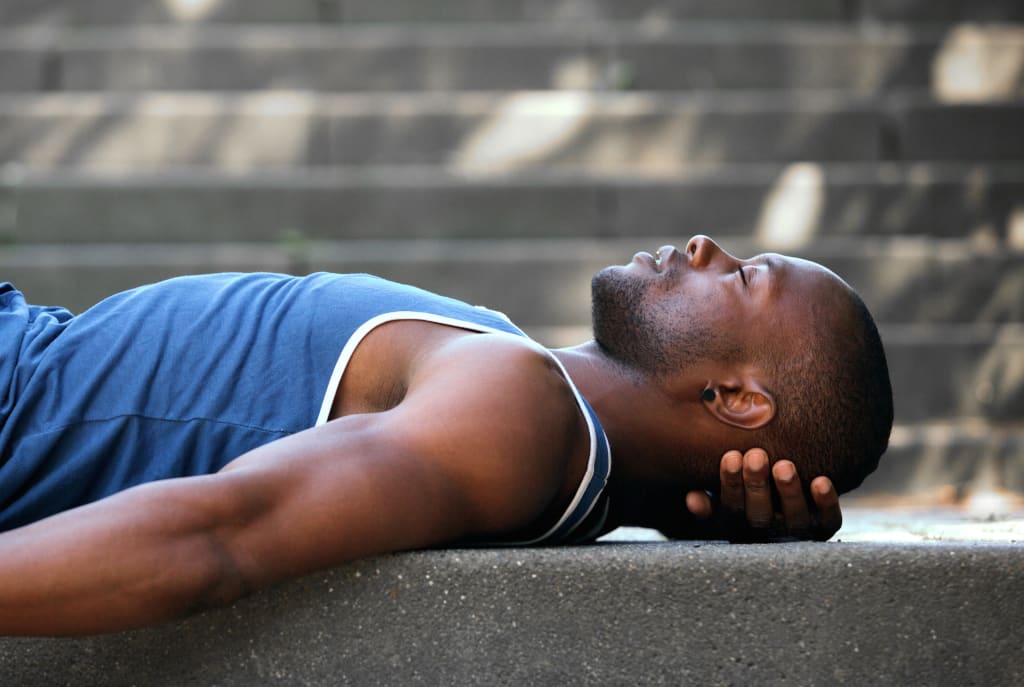
It is no secret that rest and regular exercise are both critical to overall health and wellness. But can you have one without the other? The simple answer is, not for long.
You’re probably familiar with the benefits of physical activity. And you’ve probably experienced the interdependence of sleep and exercise. Maybe you’ve had to skip your scheduled workout class because you were jetlagged or had a late night out with friends. Or you might’ve had trouble falling asleep one night when you spent the day lounging on the couch.
Sleep and exercise have been found to be deeply related, and that relationship is reciprocal. Read on to learn about how these two activities affect each other, and for tips on how to get adequate rest to help you maintain a healthy, active lifestyle.
Exercise can improve your rest
Scientists don’t know the exact physiology behind how exercise can improve sleep, but there is no shortage of evidence that it does. In fact, Johns Hopkins Medicine advises that just 30 minutes of moderate exercise per day can lead to better quality zzzs. Whether you’re running, briskly walking, riding a bicycle, or doing resistance weight training, researchers have discovered that regular exercise can help address several nighttime difficulties.
- Insomnia: Regular physical activity regimens have been shown to improve sleep quality in older adults who suffered from chronic insomnia according to a study published in the journal Sleep Medicine. Insomnia may be acute or chronic difficulty falling asleep, staying asleep or waking up too early. To learn more about insomnia, read our article here.
- Slow-Wave Sleep: Regular, moderate exercise can increase the duration of slow-wave, or Non-REM sleep. According to Johns Hopkins, this is the period that allows your body to recover from the day. Your sleep cycle can be broken into two major phases, random eye movement (REM) and slow-wave or Non-REM sleep. After you fall asleep you begin slow-wave, during which your body and mind recover from the day. Next, you enter REM, when the brain becomes more active and most dreams occur. To learn more about this cycle, read our article here.
- Depression: Exercise has been shown to reduce depressive symptoms in several studies, including a 2013 study published in the Cochrane Systematic Review. The Sleep Medicine article also found exercise to improve depressive symptoms in subjects. Nocturnal disorders are major symptoms of depression, which is one of the most commonly diagnosed mental health conditions in the U.S.
- Sleep Disordered Breathing/Apnea: Moderate exercise has been shown to improve sleep-disordered breathing or respiratory issues that interfere with slumber. One of the most common examples is obstructive sleep apnea, which occurs when an individual airway is blocked causing them to temporarily stop breathing and wake up as a result. Exercise may improve the conditions of sleep-disordered breathing and apnea in two ways. For one, excess body weight has been linked to sleep-disordered breathing. In fact, as many as 40% of individuals who experience sleep-disordered breathing can attribute it to excess weight, according to a study in the Journal of Applied Physiology. And according to an article in Harvard Health, exercise is an important part of losing weight and improving sleep quality. Additionally, a study published in the journal Sleep found that regular, moderate exercise improved sleep quality for subjects with obstructive sleep apnea independent of weight loss. Subjects experienced fewer apneas per hour and better REM and Non-REM sleep.
A word of warning about exercising before bedtime: some people may have a hard time falling asleep after working out right before bed. For these individuals, Web MD suggests that a higher core body temperature and heart rate from the workout might be to blame. The good news is that it shouldn’t harm the quality of your sleep, and doesn’t affect everyone the same way. So while it is not ideal for people with a strict bedtime, if you prefer late-night exercise and it doesn’t keep you up at night: carry on!
Getting your 8 hours can improve your ability to exercise

A more recent, though intuitive, finding in the world of sleep and exercise is that there are bidirectional effects. That is, the relationship works both ways.
- Poor sleep can make it difficult to exercise: A successful exercise routine can improve the quality of sleep, but the contrapositive is also true: sleep deprivation can make it more difficult to perform your exercise routine. In a 1980 study published in Medicine and Science in Sports and Exercise, researchers found that just one night of sleep deprivation had a negative impact on psychological responses to moderate and heavy exercise. After a full night of proper rest, all of the subject’s responses returned to normal. During the test, physiological measurements remained the same. Subjects felt that they were working much harder during exercise after missing a night of sleep, even though their hearts and lungs were not.
- Quality rest may, or may not, encourage exercise: The inverse relationship, unfortunately, is not so clear. Scientific studies have different conclusions as to whether getting a good night’s sleep will make you more likely to exercise. Findings from one study in 2013, published in the Journal of Sleep Medicine, suggest that when subjects got more or better quality sleep they were more likely to exercise the following day. These results were more pronounced with individuals who got less rest to begin with. But a study the following year published in the American Journal of Lifestyle Medicine found that improved slumber did not result in increased physical activity among subjects.
Bottom line
Regular exercise can help improve the quality of your rest, and getting quality rest can improve your ability to exercise. Rather than worry about whether the regular exercise or quality slumber came first, anyone looking to build, or build upon a healthy lifestyle, should work to incorporate both. And if you’re starting your nighttime ritual, read our eight sleep tips.